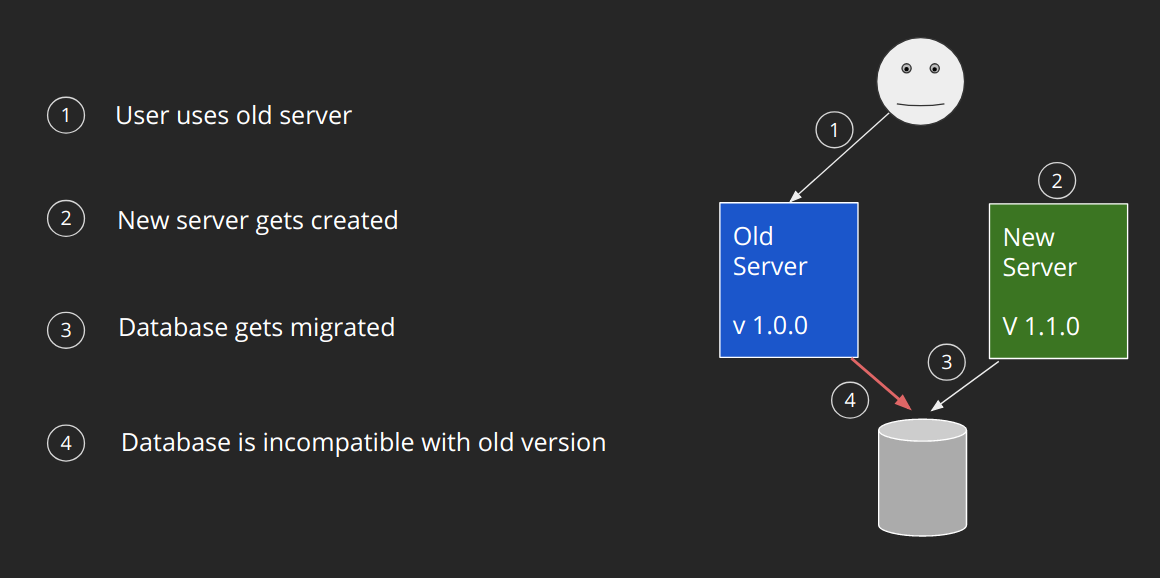Should Database migrations be in included in the same deployment project as the code?
If they are not included in the same deployment, the Database deployment package and the Code deployment package will get different version numbers and this will generate confusion trying to figure out which Database version corresponds to which code version.
Note that our sql migration scripts are completely independent and unrelated to the code. We are just tying the sql scripts and code to the same deployment package, so they have the same version number.
Some people have the opinion that this is a bad practice, but looking carefully at their reasons in the following articles, they don't explain it very well and though they're not able to convince me:
Decoupling-database-migrations-from-code-deployments
Database-migrations-done-right
What do you think?

